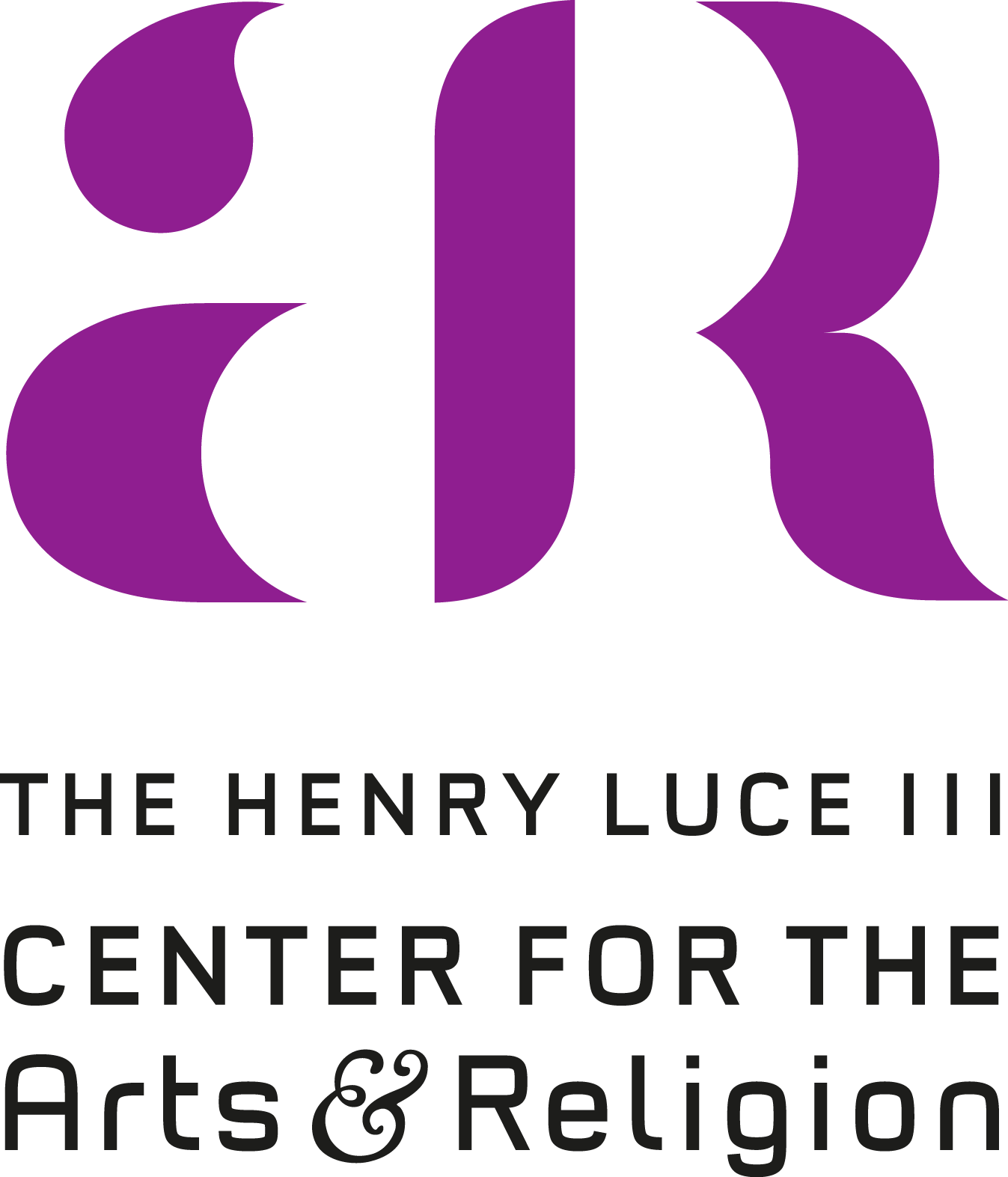Todd Forsgren
Montana
Working at the intersection of science and visual art, Todd Forsgren’s photographic practice ranges from documenting empirical observations to creating poetic imagery. Themes of ecology, social justice, and perceptions of landscape underlie his oeuvre of prints and monographs. Wesley’s permanent collection includes twelve prints from a group of haunting abstract photographs of Autonomous Reef Monitoring Structures (A.R.M.S.). Scientists use these collecting plates to study marine life biodiversity without destroying coral reefs. Forsgren photographed the plates after they were submerged in the ocean for one year, describing them as “portals into the future, or snapshots of what scientists are learning.” They are part of a larger series titled Full Fathom Five in which the artist "examines the negative effects that globalization and climate change are having on our oceans, seas, lakes, and waterways while exploring both the environmental issues as well as critical ideas about the photographic medium."
Full Fathom Five examines the negative effect that globalization and climate change are having on our oceans, seas, lakes, and waterways. Each chapter features a different “photographic specimen,” exploring both the environmental issues as well as critical ideas about the photographic medium.
The title for this series, Full Fathom Five, references a poem from Shakespeare’s play The Tempest. The poem is about the death of Ferdinand’s father while he is at sea. The phrase references that, during Shakespearian times, anything sinking below five fathoms (30 feet) was considered completely lost. The poem’s imagery describes how the father’s body becomes a part of the reef that the ship was wrecked in. Reading it today, Shakespeare’s words seem especially prophetic. Much like Ferdinand’s father, our fate is tied to that of our environment:
Full fathom five thy father lies;
Of his bones are coral made;
Those are pearls that were his eyes;
Nothing of him that doth fade,
But doth suffer a sea-change
Into something rich and strange.
Sea-nymphs hourly ring his knell:
Ding-dong.
Hark! now I hear them — Ding-dong, bell.
I have to hope that we still have time to save much of the incredible biodiversity and economic resources of our oceans. But we must act now, and human culture is in dire need of a sea-change in order to prevent further degradation of our oceans.










